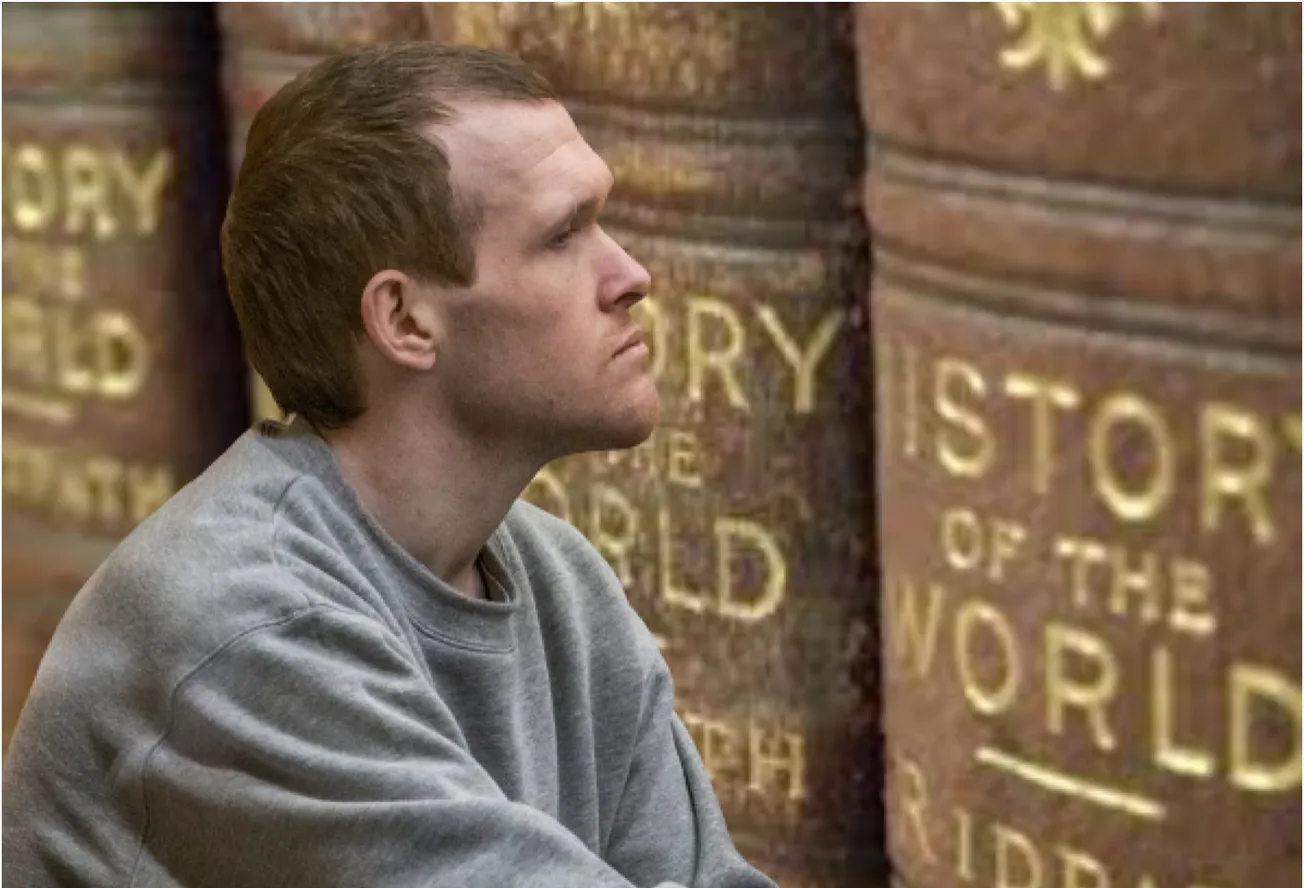Table of Contents
I was recently struck by a young graduate who told me that in all her years at school and at university, where she gained a Master’s degree, no less, she had never been introduced to the subject known to slightly older folk as History.
Her revelation was in response to my assertion that History is the most important of all school subjects, ahead of Mathematics and even English.
Please, as you read this, don’t make the incorrect assumption that the person in question is the victim of a deprived background or the sufferer of any type of ‘disadvantage’. Educated at high-decile schools, followed by the University of Auckland, she is the product of that archetypal form of domestic bliss otherwise known as married family life on the North Shore.
The abolition of History from our education system has long been an objective of the left, and this encounter was proof to me of an objective met.
What now gets relayed to pupils in the ‘themed’ curriculum is how select special interest groups purportedly feel about ‘topical issues’ such as ‘colonialism’ and Black Lives Matter – but without any balance provided by either chronology or context.
Another favourite topic, pursued in the same manner, is environmental activism. Values which don’t fit the ‘programme’ find themselves erased.
It is little wonder then that the first act of our Prime Minister, following the Christchurch mosque attacks, was to adopt the ‘cancel culture’ approach so much in vogue in leftist education and to ‘cancel’ Brenton Tarrant.
She did this by her petulant and somewhat childish refusal to even utter his name, and by banning from New Zealand what is, by all accounts, the gunman’s shabbily-written and semi-coherent ‘manifesto’.
The danger of this initial approach, which seemed to escape our political and journalistic class at the time, was its failure to subject Tarrant’s abhorrent actions and his motivation, to proper scrutiny. To sidestep an event of this magnitude may provide short-term comfort. But in doing so, we engage in a form of denialism which leaves us bereft of proper understanding and therefore, in grave danger.
I say this firstly because introspection is an important social tool, especially in a modern, pluralistic society such as ours, with its concomitant freedoms – which we must always be at pains to maintain.
And, secondly, because the production of deluded and radical manifestos is not uncommon, and their study may actually be illuminating. Marx wrote several, including the 1848 Communist Manifesto. The very existence of Adolf Hitler’s dull and depressing Mein Kampf remains collectively difficult for us, but it is impossible to ‘know’ contemporary Europe without having in mind an outline of the Second World War and at least some understanding of Hitler’s brand of populism, however unpalatable it may be.
Contemporary Islamic Jihadism, with its genesis in Marxist ‘struggle’, is extensively studied and its writings analysed. Jihadism, judging by its sheer number of adherents, is extremely popular. Marx himself has never been more popular, having his birthday celebrated by the New York Times. Although many orders of intellectual magnitude apart from low-order lunatics like Brenton Tarrant and Anders Breivik, let us not forget that Marx, through his writings, has been responsible for more global deaths than Hitler.
The salient point is that Tarrant should be heard and understood if we are to properly understand ourselves, our society and our circumstances. To repudiate him we must first know him; and be sure we know ourselves.
This is important because, immediately following the Christchurch shootings, a flurry of articles in the legacy media, and notably the Herald, breathlessly and somewhat histrionically asserted that New Zealanders are inherently racist, and that ‘white supremacy’ has a significant national following, either openly, or through ‘cultural bias’.
It was initially assumed, perhaps owing to a different kind of bias, that Tarrant was part of a network. When it was established that he acted alone, it was contended that he received local support. When that theory evaporated, journalistic hacks retreated to the more usual generic claims of institutional and social ‘racism’.
But are we really more racist than anyone else? In this age of non-reciprocal Western multiculturalism (in which the West is required to be ‘multicultural’, but Eastern and Oriental nations still stand as identifiable and defensible monocultures), are we a people united? Or does our nation contain divisions and resentments, both seen and unseen?
Speaking recently to the Australian Associated Press, Jacinda Ardern said that Kiwis ‘are ready’ to grapple with questions around integration, acceptance and community. Tony Green, who has acted as a liaison for the Muslim community, said that many ‘were keen to start a new conversation around integration and support’.
Has anyone asked what ‘integration’ and ‘support’ should look like?
An ‘integrated’ Western country would surely not contain practitioners of Sharia law, as a democratic sovereign nation can only accommodate one legal system and would have to have one law applicable to all.
Family law would be uniformly applied, and so polygamy would not be practiced, nor would it be supported by social services. That would be the wrong type of ‘support’, surely?
An ‘integrated’ country would uphold values in common and, in a tolerant nation founded on Enlightenment thinking, these values would apply to the role of women within society and to the right to express one’s sexual orientation.
These values would also extend to free speech, and to the inalienable right to criticise any ideology or religion.
‘Support’ in an ‘integrated’ country would apply to a singular set of beliefs around family, work, a common language, and financial self-sufficiency. The same set of rules would apply to everybody.
It is not entirely clear that this is what Ardern intends when she begins her next ‘conversation’. It’s possible, in fact, that she may mean the opposite: that the incumbent majority will be asked to change and adapt further in order to accommodate the ‘needs’ of recently-arrived minorities.
Those without a clear knowledge of our history, antecedents and moral precepts, no matter how well educated they might be, are the ones most likely to accede to this request. And they will do so with the best of intentions.
If you enjoyed this BFD article please share it.









